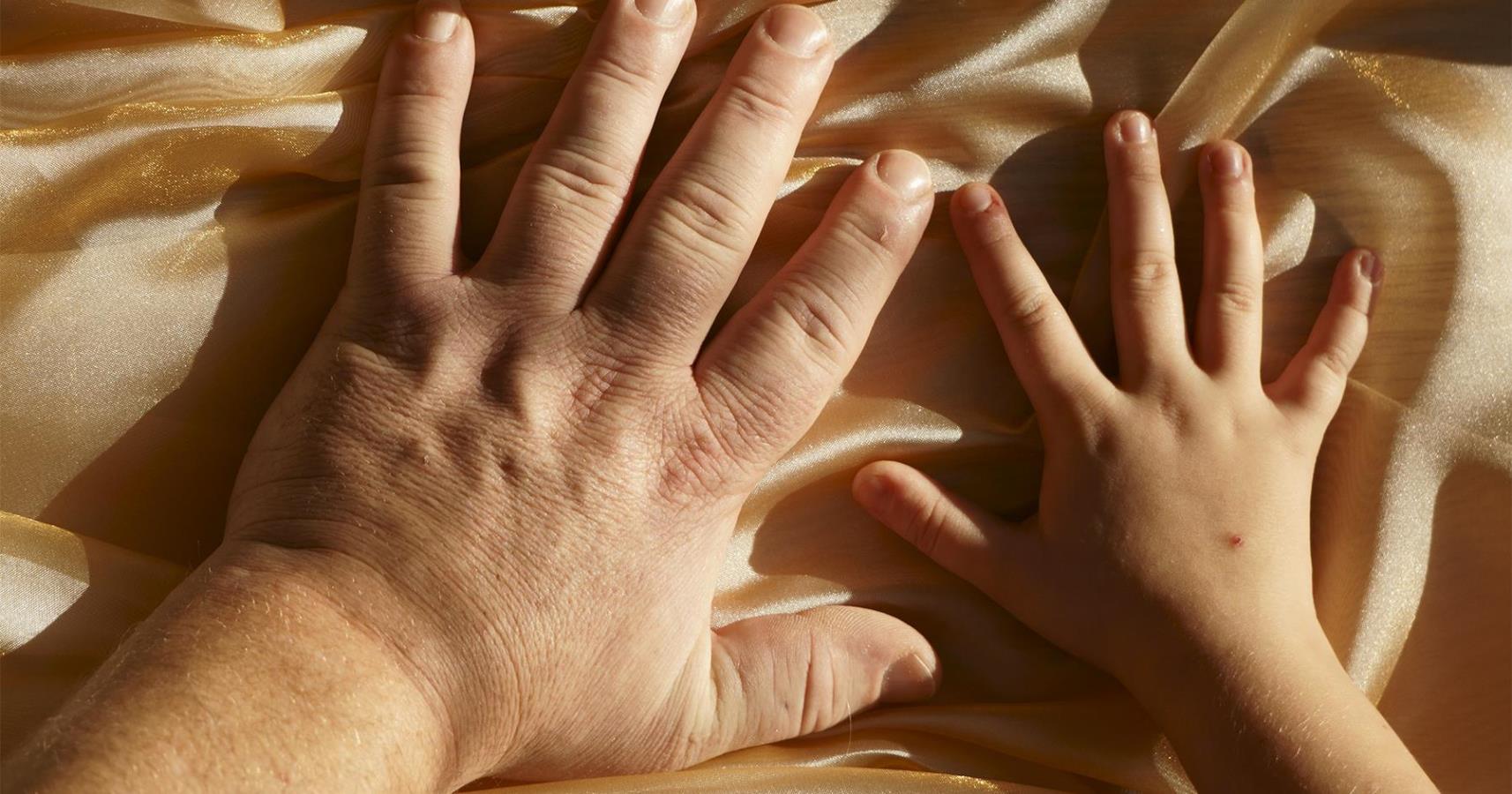As we age, the structure and appearance of the skin are influenced by various factors. In addition to external stressors such as pollution and UV exposure, internal factors also play an important role, especially hormonal changes that affect the skin. This article explores how hormones contribute to skin sagging and provides methods to help maintain skin health and elasticity.
The Connection Between Skin and Hormones
The skin is a complex and dynamic organ, whose appearance and behavior are influenced by many factors. For example, external factors like pollution and UV exposure are considered major skin-damaging factors, with UV exposure being one of the primary causes of skin aging. Additionally, lifestyle plays a crucial role, as nutrition provides the building blocks for skin components such as collagen and elastin.
However, beyond these external and lifestyle factors, internal hormonal changes play a significant role in affecting skin health. Dr. Anant Vinjamoori, an internist and longevity expert, mentions in mindbodygreen’s beauty podcast, “Clean Beauty School,” that hormonal changes are a key factor in skin sagging and the development of fine lines.
How Hormones Affect the Skin
Dr. Vinjamoori says, “The first step to healthy skin is ensuring that the connective tissue that supports the skin, like collagen and the extracellular matrix, is in the best shape it can be.” He further points out that the connection between hormones and skin health is often an overlooked factor, especially when women enter their forties, as skin sagging is frequently linked to hormonal shifts.
Skin health is not just affected by a single hormone, but rather by the interaction of multiple hormones. For example, melatonin helps repair the skin barrier, while cortisol damages collagen during stress. However, sex hormones—such as estrogen , testosterone , and progesterone—play a crucial role in the skin’s structure and function.
Estrogen and Skin Health
Estrogen has been shown to play a significant role in skin health, particularly in maintaining collagen synthesis, improving skin thickness, increasing hyaluronic acid production, and maintaining skin hydration. As women age, particularly during menopause, estrogen levels decline significantly, leading to a loss of collagen. Studies show that, with the onset of menopause, women experience a 30% reduction in collagen over a five-year period, which is a key factor in skin sagging and structural changes.
The Role of Collagen
Collagen is the primary structural protein in the skin, making up the extracellular matrix and giving skin its youthful, firm, and elastic appearance. Collagen loss begins in the twenties and continues at a rate of about 1% per year. This process is not exclusive to women—men also experience similar changes after their forties. As testosterone declines, men also experience a reduction in collagen production, leading to decreased skin thickness and elasticity.

The Common Impact of Hormonal Changes on Skin in Both Men and Women
As people reach middle age, whether it’s the drop in estrogen for women or the decline in testosterone for men, both are linked to a dramatic decline in collagen, elastin, and skin barrier function. This is why many people experience skin sagging during midlife.
Tips for Supporting Skin Health
Fortunately, while hormonal changes are inevitable, there are many ways to support and maintain skin health. Here are some recommendations for keeping your skin elastic:
- Protect the Skin from UV Damage: Regularly use sunscreen and avoid prolonged exposure to direct sunlight.
- Use Collagen-Boosting Skin Care Products: Incorporate products containing vitamin C and retinol (vitamin A) to help promote collagen synthesis and slow down skin aging.
- Manage Stress: Prolonged high stress levels lead to higher cortisol production, which accelerates collagen breakdown. Therefore, practices like meditation and yoga can help reduce stress.
- Prioritize Adequate Sleep: Sleep is crucial for skin repair, and good sleep allows the skin to regenerate overnight.
- Nutritional Support: Consider incorporating collagen supplements into your diet to support skin elasticity and structure.
Conclusion
Hormonal changes are a key factor influencing skin health, especially as we age. Both women and men experience shifts in hormonal levels, leading to collagen loss and skin sagging. By adopting the right skincare strategies, nutritional supplements, and lifestyle adjustments, we can mitigate the effects of aging and maintain healthy, elastic skin.










